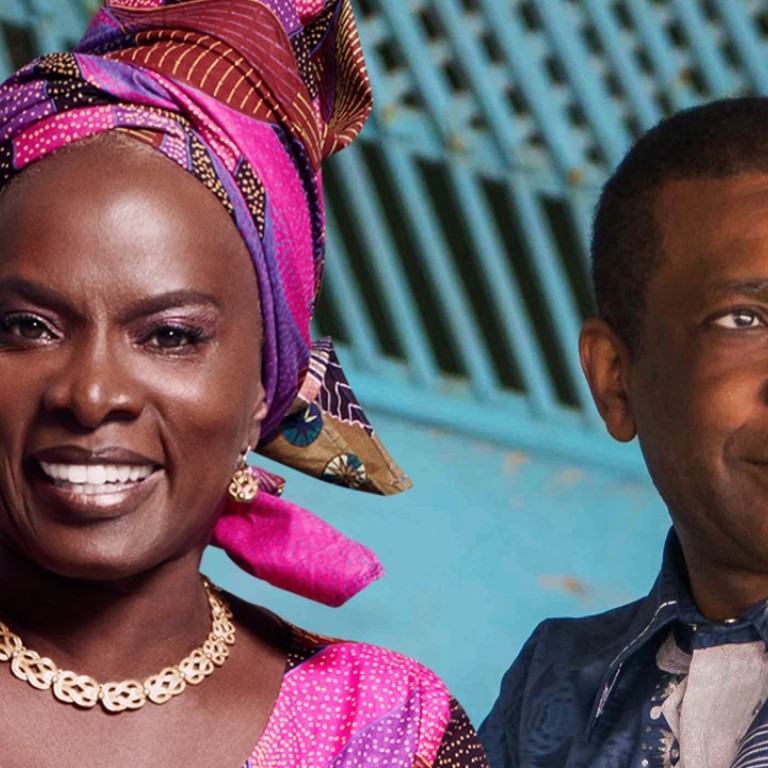
Singing to a different tune: Youssou N’Dour and Angélique Kidjo campaign for Africa
Activists and Grammy-award-winning performers use international profiles to help fight malaria and also keep African girls in school and end child marriages
Among Africa’s rich line-up of internationally recognised musicians and vocal artists, Angélique Kidjo and Youssou N’Dour top the list.
However, there is more to them than their award-winning repertoires. N’Dour is also waging a war against malaria, while Kidjo is fighting to keep African girls in school and also end child marriage.
Ahead of their stage performances in Hong Kong in the next two months, we take a closer look at the duo.
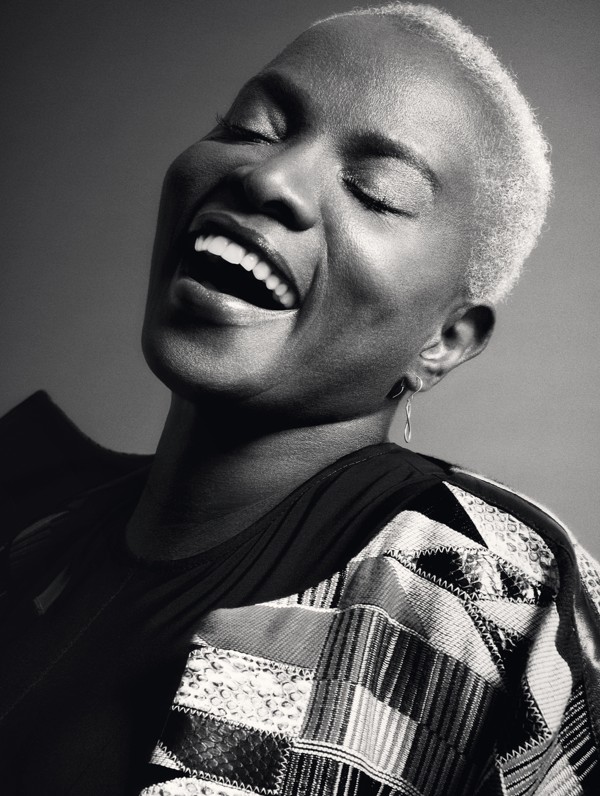
She began performing at the age of six in her mother’s theatre troupe and is widely regarded to have had a pivotal influence in shaping her country’s music scene.
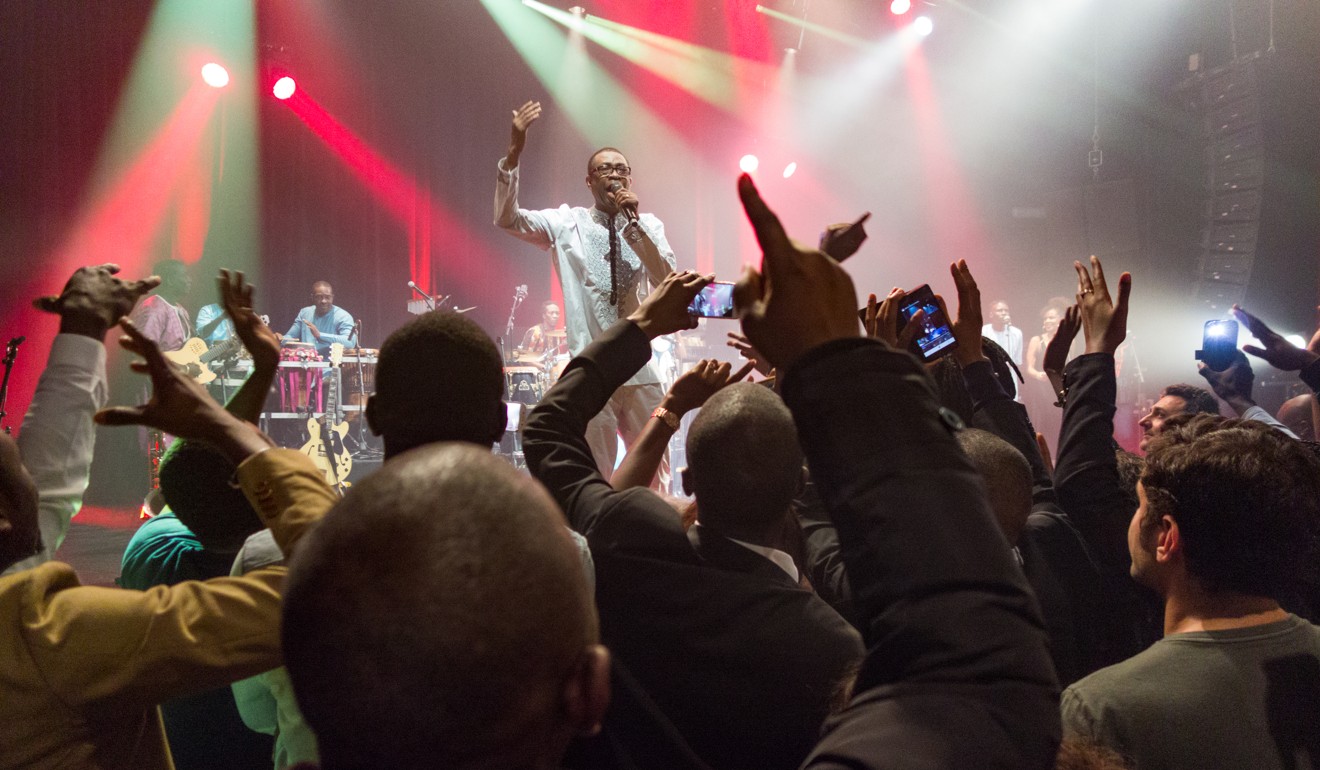
Fighting a major killer
Besides putting Africa’s music scene on the global map, both artists have played important roles in improving the lives of the most vulnerable members of society in their home countries.
N’Dour, who will open the World Cultures Festival at the Hong Kong Cultural Centre Grand Theatre with his group, the Super Étoile de Daka on October 20, 21 and 22, began his campaign against malaria, one of Africa’s major killers, in 2009.
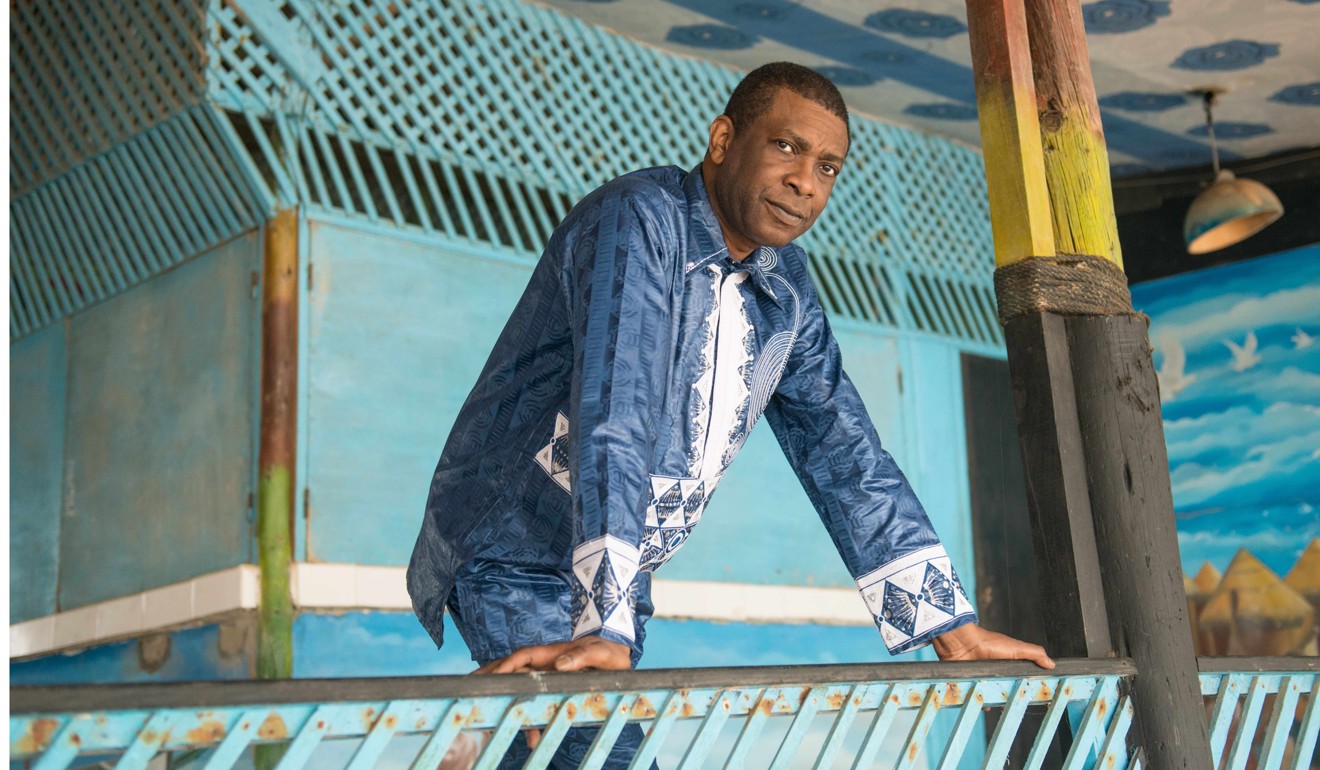
His Xeex Sibbiru initiative, which means “let’s beat malaria” in Senegal’s Wolof language, has distributed millions of mosquito bed nets across Senegal, particularly in rural areas.
As part of the campaign, a national competition was also launched urging aspiring songwriters to rewrite N’Dour’s Xeex Sibbiru song.
Out of 700 entrants, who had to complete a malaria quiz as part of their application, 40 semi-finalists took part in malaria training programmes at local health centres. Eight of them reached the final, which was broadcast on national television and supported by Senegal’s National Malaria Control Programme and global health partners.
Continuing battle against malaria
Using music as a tool to combat malaria was a logical decision, N’Dour says. “Music is a language: it is maybe the first language,” he said during the campaign’s launch. “It is about having the idea to bring the message to the music for the people.”
Music is a language: it is maybe the first language. It is about having the idea to bring the message [about malaria] to the music for the people
Xeex Sibbiru was only the start of N’Dour’s anti-malaria fight. Earlier this year, he pledged his support to a new US$32 million initiative that aims to distribute 2.5 million mosquito nets, 1.6 million diagnostic tests and 70,000 doses of antimalarial drugs across Senegal.
“We also see the economic impact around it and the weaknesses we have at the level of development in Africa because of malaria,” N’Dour says, pointing out that the disease is costing the global economy US$12 billion per year, and hitting sub-Saharan Africa the hardest.
“When children don’t go to school, there are no jobs, you can’t work. So poverty is always hovering in the background.”
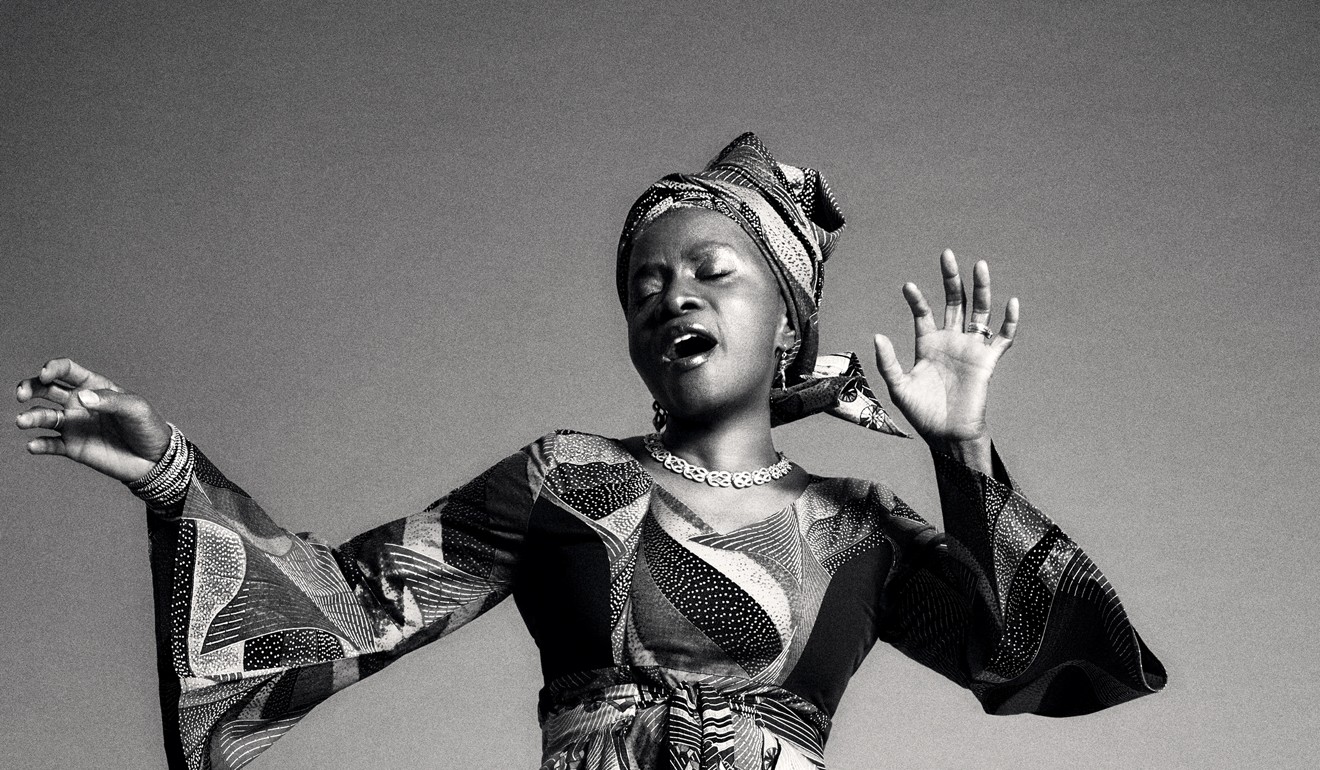

Kidjo, who will perform at the World Cultures Festival on November 3, has also done her bit to help eradicate malaria. In 2005, she performed at the Africa Live: The Roll Back Malaria Concert in N’Dour’s hometown to raise awareness of the disease.
How can you think that marrying [off] your child at 12 can be good for her?
However, the main humanitarian concern of Kidjo, a Unicef International Goodwill Ambassador, is to provide African girls with secondary school or higher education through her non-profit organisation, the Batonga Foundation.
African adolescent girls are more often than not forced to give up their secondary schooling owing to poverty, Aids, and other socioeconomic issues.
The World Bank has reported that only 5.24 per cent of African girls who complete secondary school go on to university, vocational school or some form of job training.
Call to end child brides
The pressure for African women to marry plays a huge role, too: Unicef data shows that one in 10 girls in Benin marries before the age of 15, which often means the end to their education.
A little girl is still a child. She cannot be a mother or a bride,” says the song’s refrain. Let her grow up to live a fulfilling life. Say ‘no’ to child marriage
That is why Kidjo, together with eight other West African artists and Unicef – released a song this year as part of the Zero Tolerance campaign against child marriage help promote a campaign to end child marriage.
“A little girl is still a child. She cannot be a mother or a bride,” says the song’s refrain. “Let her grow up to live a fulfilling life. Say ‘no’ to child marriage.”
One of her childhood friends, who was married 35 years ago at the age of 12, was partially the inspiration behind the song.
“How can you think that marrying [off] your child at 12 can be good for her?”, she told America’s National Public Radio. “Women staying in school is crucial for their future, so stopping child marriage is crucial.”

